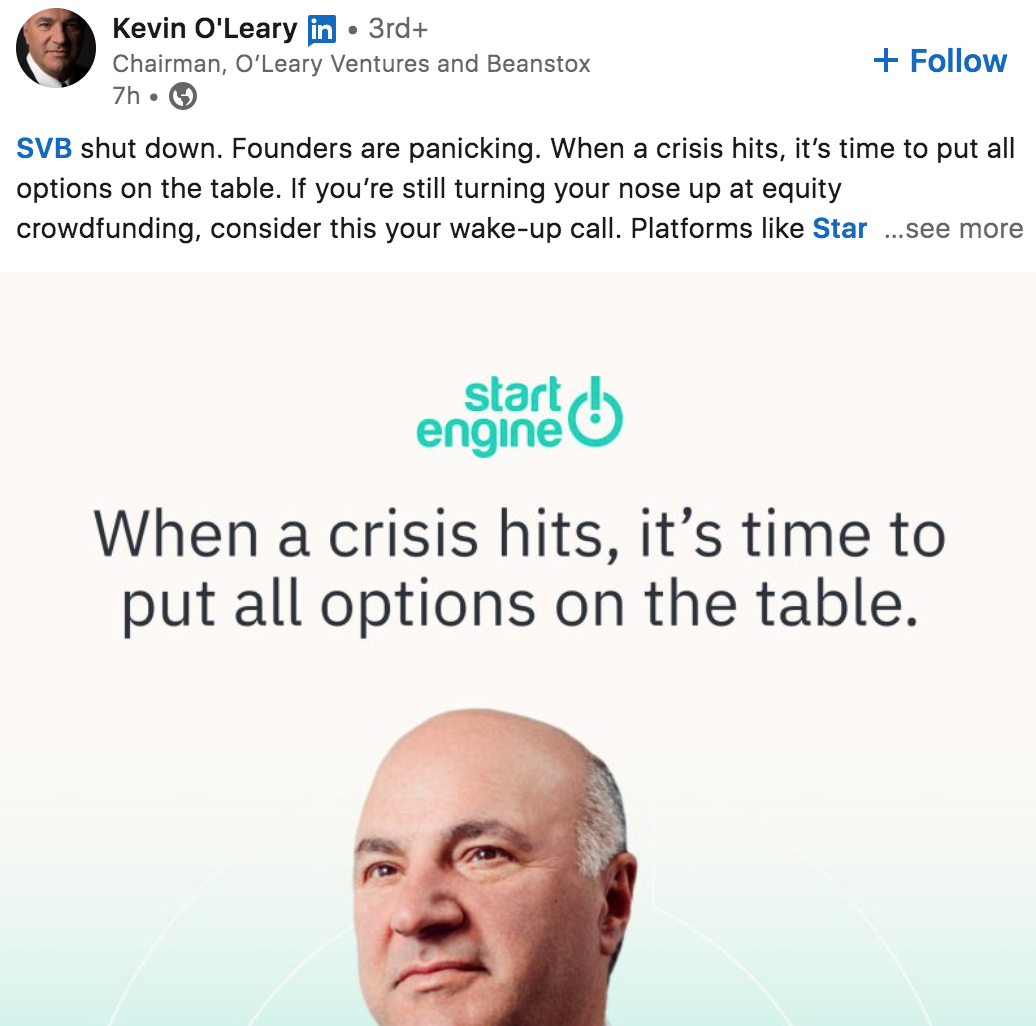
- Stripe received $6.5 billion in Series I funding, along with an updated valuation of $50 billion.
- The $50 billion valuation is almost half of the company’s peak valuation of $95 billion received in 2021.
- Today’s investment will not be used to fuel company growth, but will instead be used to provide liquidity to employees and address employee equity awards withholding tax obligations.
Stripe announced a $6.5 billion Series I funding round today. Alongside the financing round, the payments processing company also unveiled an updated valuation.
The investment comes from existing Stripe shareholders– including Andreessen Horowitz, Baillie Gifford, Founders Fund, General Catalyst, MSD Partners, and Thrive Capital. New investors GIC, Goldman Sachs Asset and Wealth Management, and Temasek also contributed to the round, which boosts Stripe’s total funding to $8.7 billion.
Stripe also unveiled that it is now valued at $50 billion. This number is notably lower than the company’s peak. Stripe’s valuation rose to $95 billion in March of 2021, making it the most valuable U.S. startup. In July of 2022, the company’s valuation began tipping downward to $74 billion, and earlier this year, TechCrunch reported that Stripe was valued at $63 billion.
Unlike most venture funding rounds, however, today’s investment will not be used to fuel company growth. Instead, as Stripe notes in its announcement, “The funds raised will be used to provide liquidity to current and former employees and address employee withholding tax obligations related to equity awards.” This liquidity will offset the issuance of today’s round’s new shares, and therefore will not result in a reduction of the percentage of ownership that current investors hold in the company.
Founded in 2010, Stripe processes hundreds of billions of dollars each year and offers a range of products– including a suite of global payments solutions, banking-as-a-service offerings, and revenue and financial management tools.












